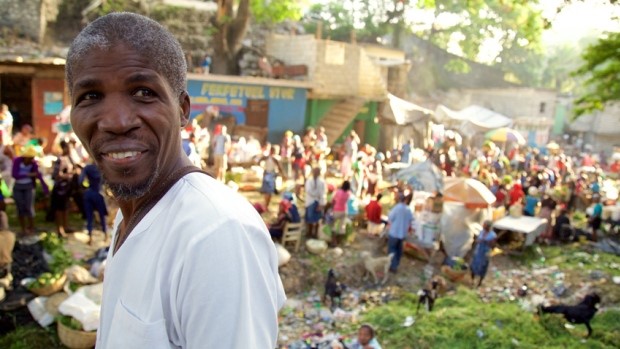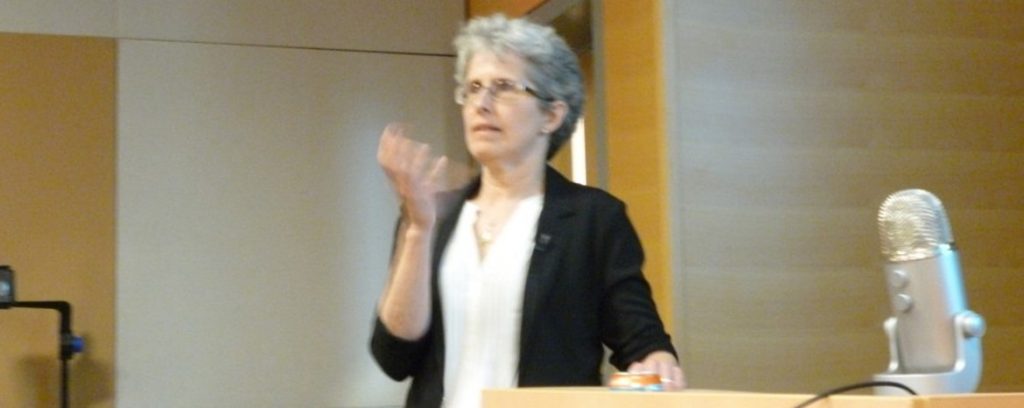Hello!
My name is Carlos Uriel Contreras Flores, and I am Professor Dominique Marshall’s Research Assistant for this summer 2015. She has named me the main administrator for the Canadian Network on Humanitarian Aid’s website. After the “Second Canadian Workshop on the History of Humanitarian Aid”, which will take place at Carleton University in Ottawa this weekend, I will be creating a new site for the network according to the ideas, suggestions and preferences of its members.
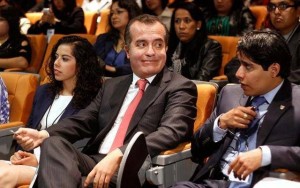
Me and the former Minister President of the Mexican Federal Electoral Institute, Luis Carlos Ugalde, at the Library Auditorium of the Tecnologico de Monterrey Puebla Campus on November 5 2013
I am a Mexican undergraduate student coming from Tecnologico de Monterrey Puebla Campus, and I study International Relations. During my undergraduate studies I have won prizes for literature works, been awarded several times as the best student on my bachelor degree, and been elected president of the International Relations Student Society. I was also the president of the organizing committee of the Simposio de Asuntos Internacionales y Politica Exterior (International Affairs and Foreign Policy Symposium) a major event held in Tecnologico de Monterrey Puebla Campus in 2013. Topics regarding international cooperation, the reform of the United Nations and the fight against human trafficking were part of the event. Several academic personalities, functionaries and politicians participated as speakers. You can find articles about it (in Spanish), like this one.
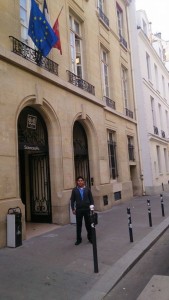
Me at Sciences Po Paris
One of the topics that interest me the most is how development is promoted and achieved around the world, and how the international society organizes to bring humanitarian aid to the peoples that need it the most in times of crisis and catastrophes. This is why last year I took the course “Humanitarian aid and development” at Institut d’Etudes Politiques (Sciences-Po Paris) in my exchange semester.
While I was living in Paris I heard about the program the organization Mitacs Globalink offers to undergraduate students from around the world. This consists on Research Internships in dozens of Canadian universities; each Globalink Research Intern would assist a professor on a research project for twelve weeks during summer 2015.
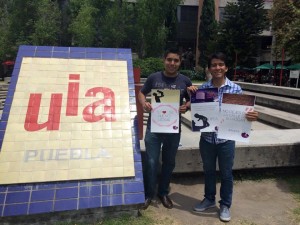
Me and a friend promoting a campaign for a NGO that takes care of children who live in the streets
I saw Professor Dominique Marshall’s project being offered and due to my interests in humanitarian aid, in the role of NGO’s like Oxfam (which fights inequities around the world and promotes development) and in XX century History, I decided to apply. Some months later I was notified I had been accepted to this program.
So now I am currently at Carleton University in Ottawa, and as I said before I will be managing the new website for the network, and will make contributions to the current website. If you have any particular suggestion for the website and its content do not hesitate to fill up a contact form or email me at cucf92@hotmail.com. I’m at your service.
Best wishes and enjoy what the Canadian Network on Humanitarian Aid’s website has to offer to you!
